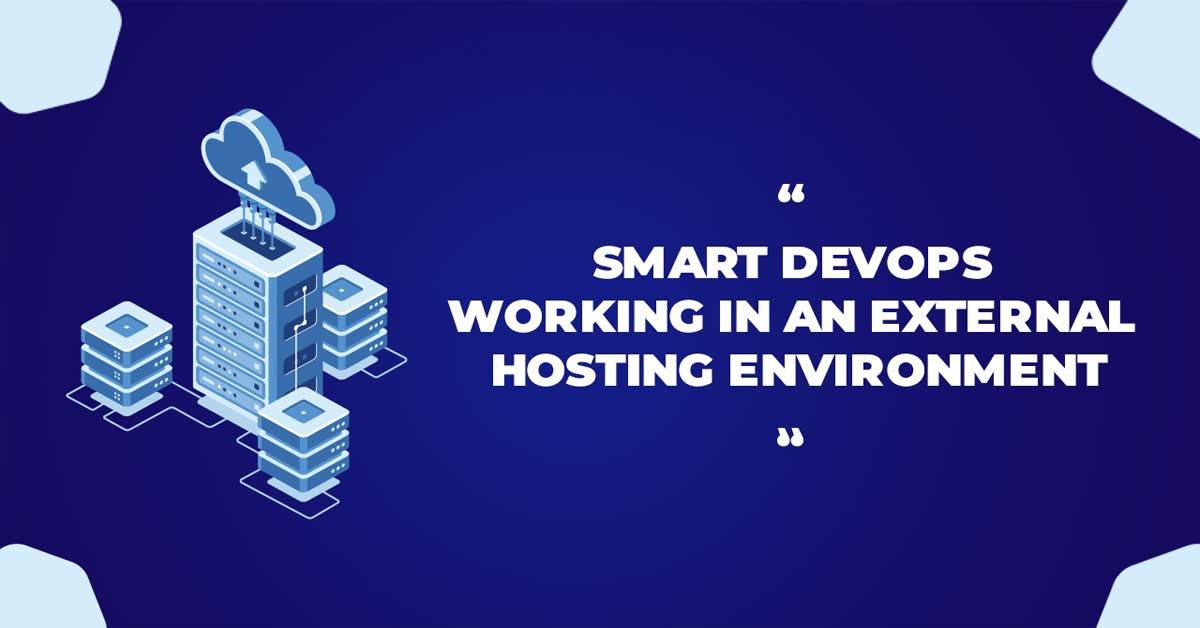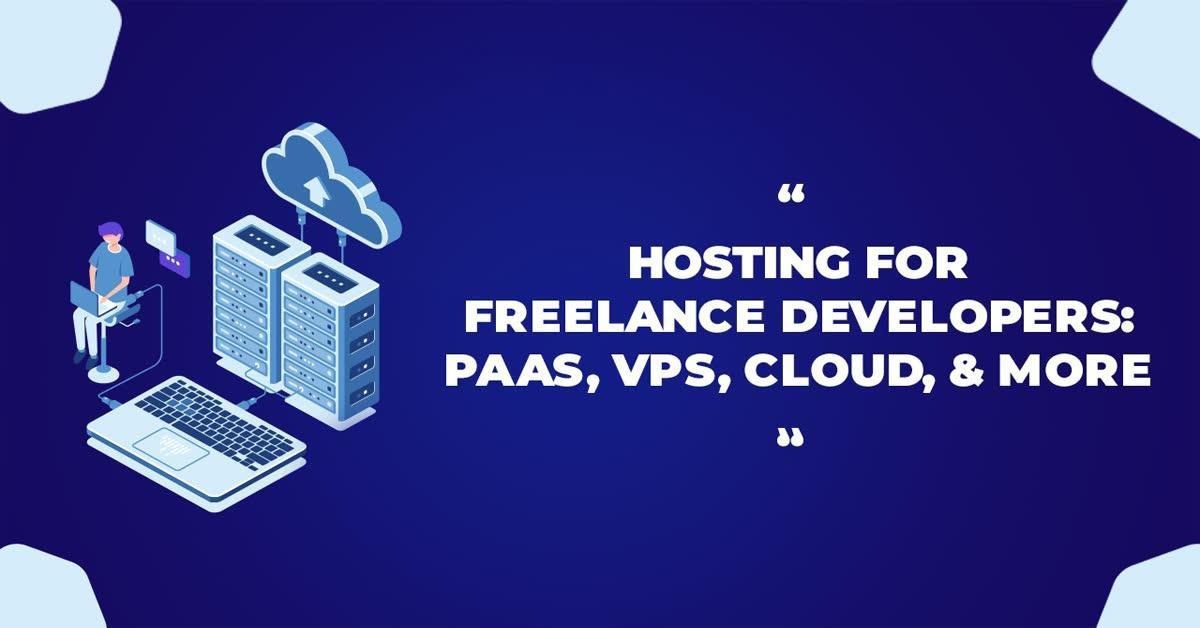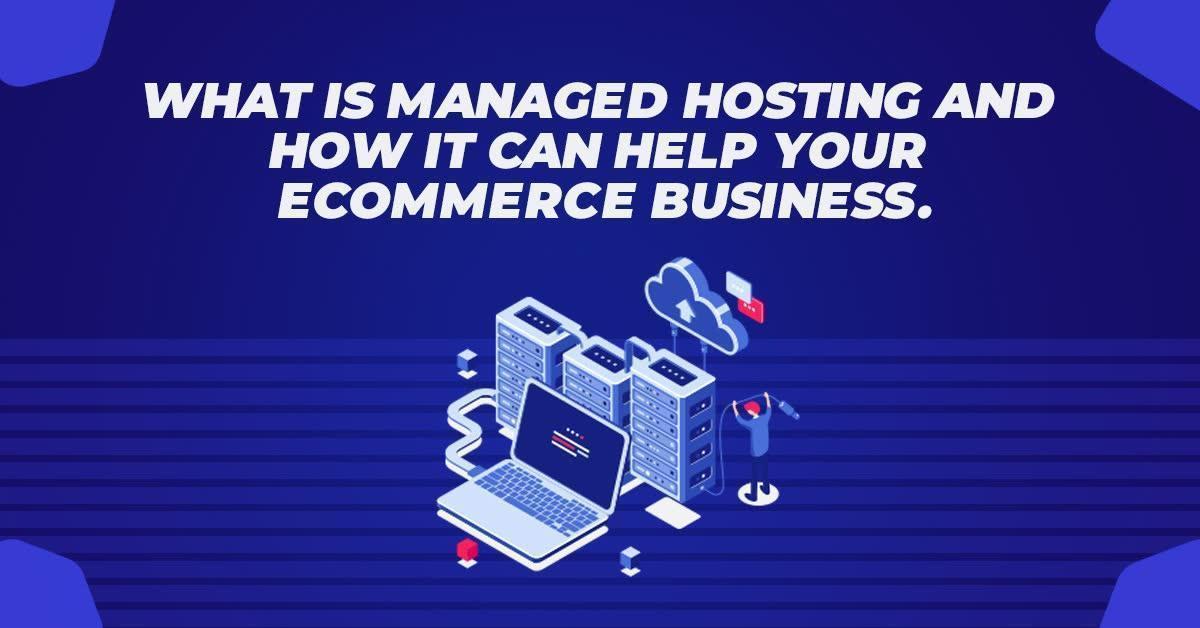What To Choose – SSD Or HDD?
Today, PC consumers have the alternative of buying a less expensive system with a standard spinning hard drive (commonly known as HDD) or spending more on achieving a faster working and electronic solid-state drive or SSD. The answer relies on the file type, budget, and pace of data-consuming operations they are storing for most customers.
If people have a PC, they can install both kinds of hard drives exclusively. If you go that road, this article will help you find the best strategies to enhance the performance of these drives. Let’s take a short glance at each disk type before we dig into comparing SSD vs HDD technologies.
What Is A Conventional Hard Disk Drive (HDD)?
A desktop PC will probably get equipped with a conventional drive that stores the operating system, apps you install, and files and folders. A conventional hard disk, also known as a platter, includes a circular disk that stores your data. The disk rotates, so the read/write arm may read data (or write data to) on the disk as it passes. The quicker the platter spins, the faster the hard drive operates. The faster your operating system reacts, the more extended programs on your disk need to be loaded and opened.
Older hard drives are connected to a PC using an IDE connector. However, most current hard drives come with a SATA connector. The latest version of SATA, SATA III, is available on current motherboards and allows for rapid data transmission for an HDD.
What Is A Solid State Drive (SSD)?
A Solid State Drive (SSD) is the latest storage technology, but it’s been around for a while now. If you have an up-to-date or the latest version of any laptop then in all likelihood, it has an SSD. As the name indicates, an SSD has no moving components, unlike a regular hard disk. It makes use of a NAND flash memory instead. The higher the number of memory chips or NAND (Negative-AND) Flash contained in an SSD, the greater will be its storage capacity. Modern technology allows SSDs to manage more NAND chips than ever before. Therefore, SSDs can have capabilities like those of HDD.
To prevent this bottleneck, you can buy PCI e-connected SSDs. These drives flow into a motherboard’s PCIe lane, allowing higher speed. But you might not want an SSD to take up a route if you have a smaller motherboard or utilize the avenues for other devices, such as graphics cards or sound cards.
Another more frequent SSD connection is the M.2. If your computer utilizes an SSD, it most often uses an M.2 connection. Most current desktop computers have M.2 port motherboards. M.2 SSDs usually are smaller than conventional SSDs. NVMe is the latest SSD technology, providing very rapid data transfer rates.
SSD Vs HDD: Summary Of Performance
- Speed
An SSD has 40 to 100 microseconds of data access speed, over 100 times quicker than an HDD.
Solid State Drives continue to dominate the growth of the hard drive industry as the former is being continuously improved. Speed, size, and stability for SSDs continue to be enhanced by significant manufacturers, including SanDisk, Samsung, Sun Microsystems, and Toshiba.
Enhanced access speed allows applications to run faster and work harder with less server burden. Since each storage block exists simultaneously as each other storage block, the access rate increases exponentially. It implies that the performance of solid-state disks is considerably faster than an HDD.
- Capacity
HDD: As of August 2020, the average capacity of hard disks is generally 1 to 8 terabytes. And some of the bigger capacity disks have up to 20 terabytes or more.
SDD: Solid-state disks between 50-100 terabytes are available for sale as of July 2020.
When picking a storage media, capacity is always a concern. Due to its significant sizes and price options, SSD drives give the highest return on investment. Since the two technologies are quite distinct, they both have very different physical sizes when they come into play for your construction.
- Efficiency
SSDs can read sequence data up to 550 MBps and write up to 520 MBps, whereas HDDs can handle 125 MBps for sequential reads. Solid-state SSDs efficiently surpass traditional hard drives because of their excellent durability, lower power consumption, and quicker reading/writing times.
SSDs have no variable time or delay problem since solid-state drives read and write to NAND cells, which differ substantially from HDDs’ reading and authoring information. It is considerably quicker and uses less power than HDDs.
HDDs use physical and mechanical motion to read and write data into a disk that takes more extended time and more power.
- Reliability
The life of SSDs is about ten years, whereas HDD drives endure about 3 to 5 years.
Since solid-state drives do not have moving components to wear or fail, they usually enhance performance and reliability in comparison to HDDs. Moreover, SSD provides enhanced data integrity and durability while retaining data even when switched off. Since server HDDs usually read/write data 24/7, they tend to require more maintenance. In addition, the failure rates of HDDs continue to be between 2-5 percent annually compared to SSDs, which have a failure rate of about 0.5 percent each year.
SSD has a disadvantage. There are a limited amount of writes available, which will make it necessary to use another strong state drive to replace them. Some estimates predict an average of 3,000 write cycles per cell before the collapse.
In addition, specific drives with deteriorated cells may arrive from the factory and cause a quicker breakdown and early failure.
- Requirements For Power
The power consumption of an HDD is typically around 7 percent. However, the SSD only consumes approximately 1 percent of the total power of the server.
In comparison to conventional storage media types, SSD drives consume less power and require less cooling. Consequently, they generate less heat than a traditional hard drive, which minimizes the need for additional heat dissipation. As a result of the mechanical movement of the disk, the HDD drives generate more heat. Solid-state drives perform better than hard disk drives because they remain idle for a more extended period. It merely shows that an SSD has a higher efficiency per watt than an HDD in storage capacity.
- Cost
SSDs are around $0.07 per GB, and HDDs are approximately $0.03 per GB.
Conventional hard disk drives (HDDs) continue to contribute to a sizable part of the market. As prices continue to fall and raid arrays provide considerable store space, small and medium-sized businesses (SMBs) generally benefit from the lower total ownership costs.
The lower cost of enormous hard disk drives (HDDs) compared to the more recent SSD media makes it a viable option for many companies, depending on their requirements. The overall expense, on the other hand, persists.
SSD Vs HDD: Who Wins?
With the addition of a Solid Status Drive (SSD) in your existing server architecture, total capacity, performance, and reliability are now shown. In other words, installing this type of drive improves the amount of data you can store while simultaneously decreasing the total cost per gigabyte of data stored on your computer.
In graphics or movie rendering, solid-state drives (SSD) provide significant time-saving throughout the whole data conversion period. When dealing with vast amounts of data, solid-state drives (SSDs) significantly reduce processing time and server load. There is a significant increase in the capacity to broadcast videos in real-time, enabling no-lag video streaming to be achieved.






































